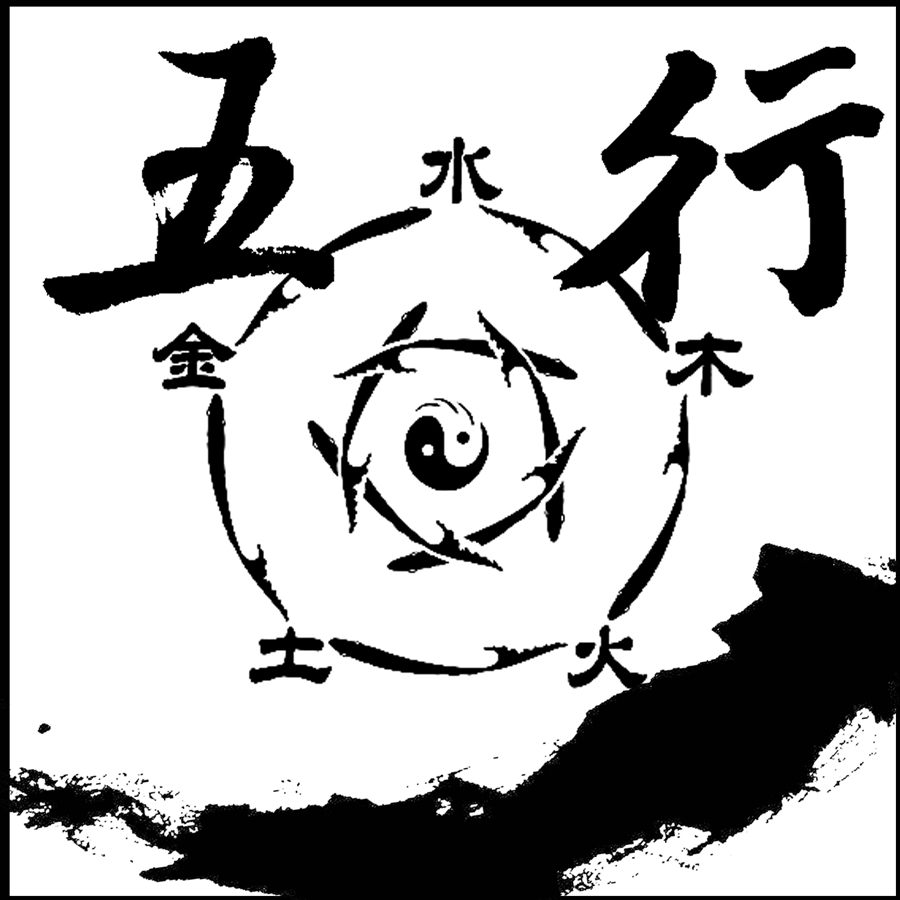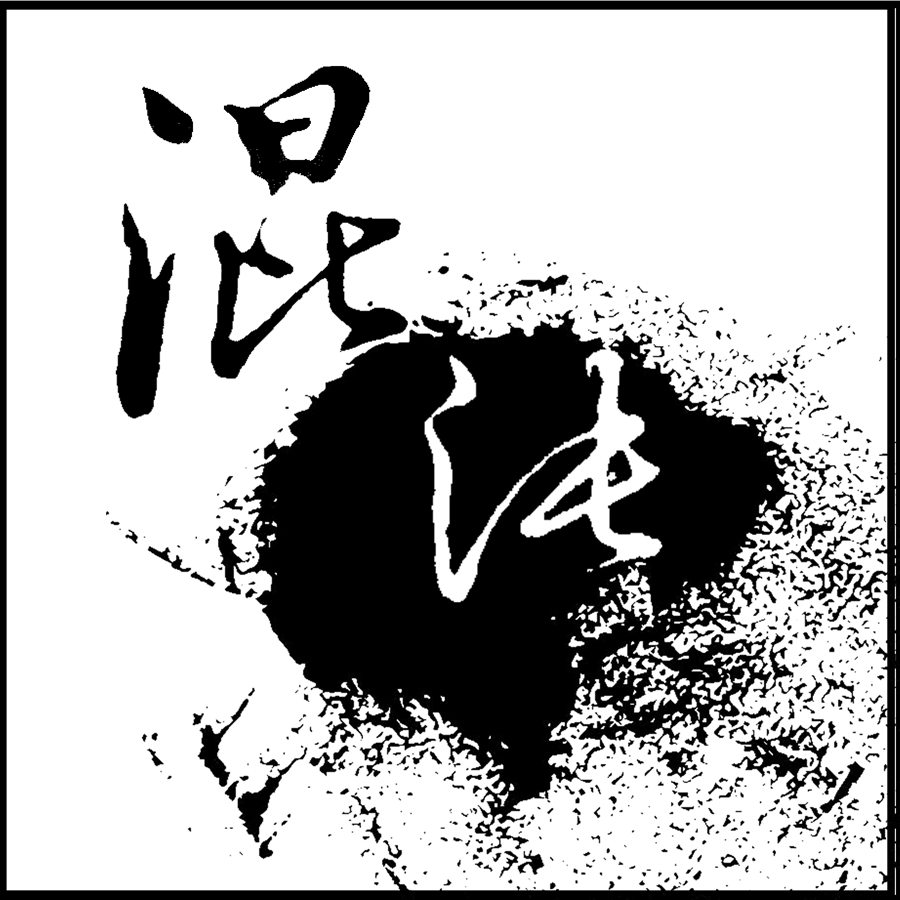五行
wǔxíng
Five Elements

“五行”有三种不同的含义:其一,指五种最基本的事物或构成万物的五种元素。《尚书·洪范》最早明确了“五行”的内容,即金、木、水、火、土。五种事物或元素有其各自的属性,彼此间存在相生相克的关系。其二,五行进一步被抽象为理解万物和世界的基本框架,万物都可以纳入到五行的范畴之中,并因此被赋予不同的性质。其三,指五种道德行为。荀子曾指责子思、孟子“按往旧造说,谓之五行”,从郭店楚墓竹简及马王堆汉墓帛书相关文字内容来看,该“五行”指仁、义、礼、智、圣。
There are three meanings to the term. 1) The five fundamental things or elements that make up all things. The Book of History was the first to define the five elements: metal, wood, water, fire, and earth. Each of these has its own properties and they interact in a generative or destructive relationship. 2) On a more abstract level, the term refers to the basic framework to understand the world. All things can be included in the realm of wuxing (五行) and their properties are explained or understood accordingly. 3) It refers to five kinds of moral behavior. Xunzi once criticized Zisi and Mencius for “creating wuxing on the basis of old theories.” Ancient bamboo slips unearthed from a grave at Guodian dating back to the State of Chu as well as inscribed silk texts from the Mawangdui Tomb of the Western Han Dynasty, all describe this wuxing as benevolence, righteousness, etiquette, wisdom, and character of a sage.
◎天有三辰,地有五行。(《左传·昭公三十二年》)
(天有日月星三辰,地有金木水火土五行。)
In heaven there are the sun, moon, and stars, while on earth there are the five elements: metal, wood, water, fire, and earth. (Zuo’s Commentary on The Spring and Autumn Annals)
◎天地之气,合而为一,分为阴阳,判为四时,列为五行。(董仲舒《春秋 繁露·五行相生》)
(天地之气,聚合而为一,区别而为阴阳,分判为春夏秋冬四时,排列为金 木水火土五行。)
The qi of heaven and that of earth merge into one; it evolves into yin and yang, the four seasons, and the five elements of metal, wood, water, fire, and earth. (Dong Zhongshu: Luxuriant Gems of The Spring and Autumn Annals)
浑沌
hùndùn
Chaos

“浑沌”又作“混沌”,有两种不同含义:其一,指天地分化形成以前宇宙浑然一体的状态。常以未分化之“气”言之。天地万物皆由“浑沌”分化演变而成。其二,特指《庄子》一则寓言中的中央之帝。中央之帝浑沌无七窍,被南海之帝(shū)和北海之帝忽凿开七窍而亡。庄子以此形象寓指人无知无识、无善恶彼我之分,与整个世界浑然一体的状态。
The term has two meanings. First, it refers to the state of one whole mass that existed before the universe took shape, often said to exist before qi (vital force) emerged. The multitude of organisms on earth all emanated from this state. Second, it refers to Chaos, king of the Central Region in a fable in Zhuangzi. According to the fable, Chaos had no eyes, nose, mouth or ears. Shu, king of the South Sea, and Hu, king of the North Sea, drilled seven apertures into Chaos and killed him. Zhuangzi used this story to show the state of chaos of the world in which there is neither knowledge or wisdom, nor distinction between good and evil.
引例 Citations:
◎说《易》者曰:“元气未分,浑沌为一。”(王充《论衡·谈天》)
(论说《周易》的人言道:“元气没有分化之时,浑然一体。”)
Those who commented on The Book of Changes said, “Before qi (vital force) appeared, the world was in a state of formless chaos.” (Wang Chong: A Comparative Study of Different Schools of Learning)
◎南海之帝为, 北海之帝为忽,中央之帝为浑沌。儵与忽时相与遇于浑沌之地,浑沌待之甚善。儵与忽谋报浑沌之德,曰:人皆有七窍以视听食息,此独无有,尝试凿之。日凿一窍,七日而浑沌死。(《庄子·应帝王》)
(南海之帝是儵,北海之帝是忽,中央之帝是浑沌。儵与忽时常相会于浑沌之地,浑沌待他们很好。儵与忽商量报答浑沌,说:人都有七窍用以视听、饮食、呼吸,唯独浑沌没有,尝试为它开凿出来。于是每天为浑沌开凿一窍,七天之后浑沌死了。)
The king of the South Sea was called Shu, the king of the North Sea was called Hu, and the king of the Central Region was called Chaos. Shu and Hu often met in the territory of Chaos, who treated them very well. They wanted to repay his kindness, and said, “Every man has seven apertures with which to hear, to see, to eat and drink, and to breathe, but Chaos alone has none of them. Let’s try and bore some for him.” They bored one aperture on Chaos each day, and on the seventh day Chaos died. (Zhuangzi)
Selected from Key Concepts in Chinese Thought and Culture published by Foreign Language Teaching and Research Press.







